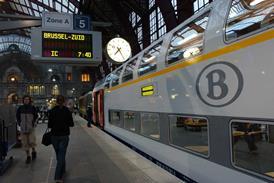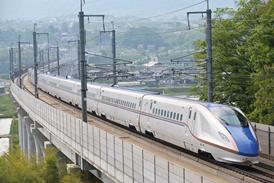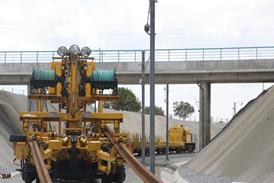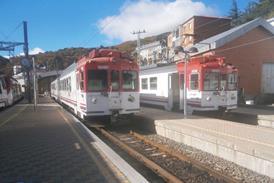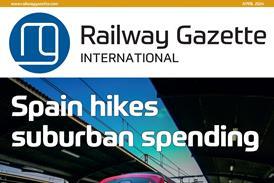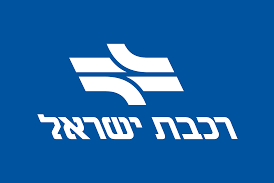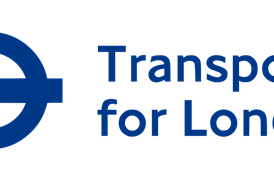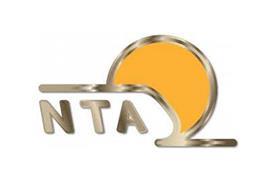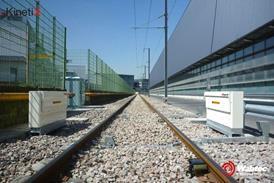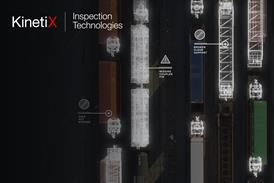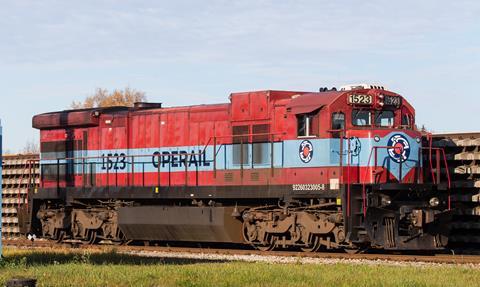
ESTONIA: National freight operator Operail has begun work to convert one of its US-built General Electric C36 diesel locomotives to be dual fuelled with liquefied natural gas.
The use of LNG is expected to reduce fuel costs by 30%, CO2 emissions by 20% and SO2 by 70%. Testing is expected to start in the spring, with regular operation scheduled to follow, subject to approval by infrastructure manager Eesti Raudtee and the Consumer Protection & Technical Regulatory Authority.
‘As a company, we look forward and know that we will be able to significantly reduce the environmental impact of the transport sector by taking goods from road to rail or using alternative energy sources’, said the Chairman of Operail’s management board Raul Toomsalu.
‘Construction of the first LNG freight locomotive in the Baltics and nearby region will support a pan-European trend towards a greener future in the European Year of Rail.’
The existing 18 000 litre fuel tank will be divided into three sections, with diesel at the ends and LNG in the middle so that the locomotive can run on a mix of diesel and LNG, or on diesel only if the gas runs out. An onboard information system will allow the operator to record and analyse energy consumption data to increase efficiency and cost savings.
‘There is no doubt that safety is very important in this project’, added Toomsalu. ‘The LNG systems are equipped with both electrical, mechanical and manual valves that activate in the event of leaks and temperature changes. The LNG tank also immediately releases all the gas through a separate exhaust pipe should the system record any significant deviation from normal conditions.’
Operail has allocated €250 000 for conversion of the first locomotive. ‘Our goal is to analyse the results after the test period and decide on how many locomotives of the same type to rebuild. In total, we have 30 C36 locomotives in service, and the construction costs of the next locomotives will certainly be lower’, he explained.
Operail began working on the project with Latvian dual-fuel technology company DiGas in late 2019, but Toomsalu said the conversion had been delayed by supply difficulties because of the coronavirus pandemic. ‘At the end of 2019, we hoped that we would be able to bring the first pilot locomotive to the tracks in 2020’ but unfortunately, the emergency situation caused by the coronavirus in Estonia and elsewhere in Europe changed our plans.’

